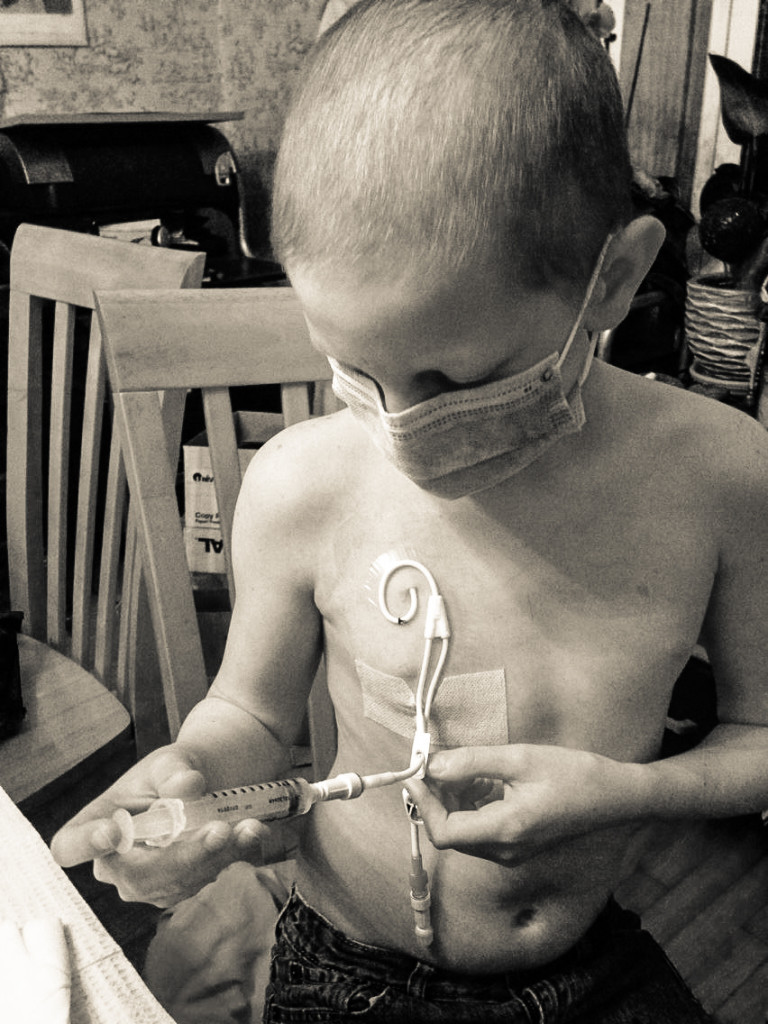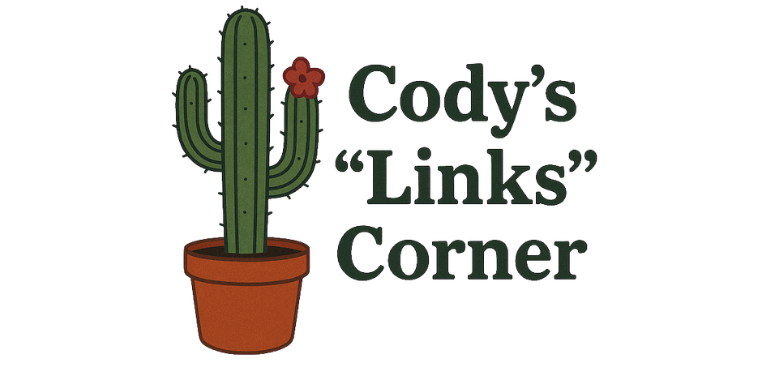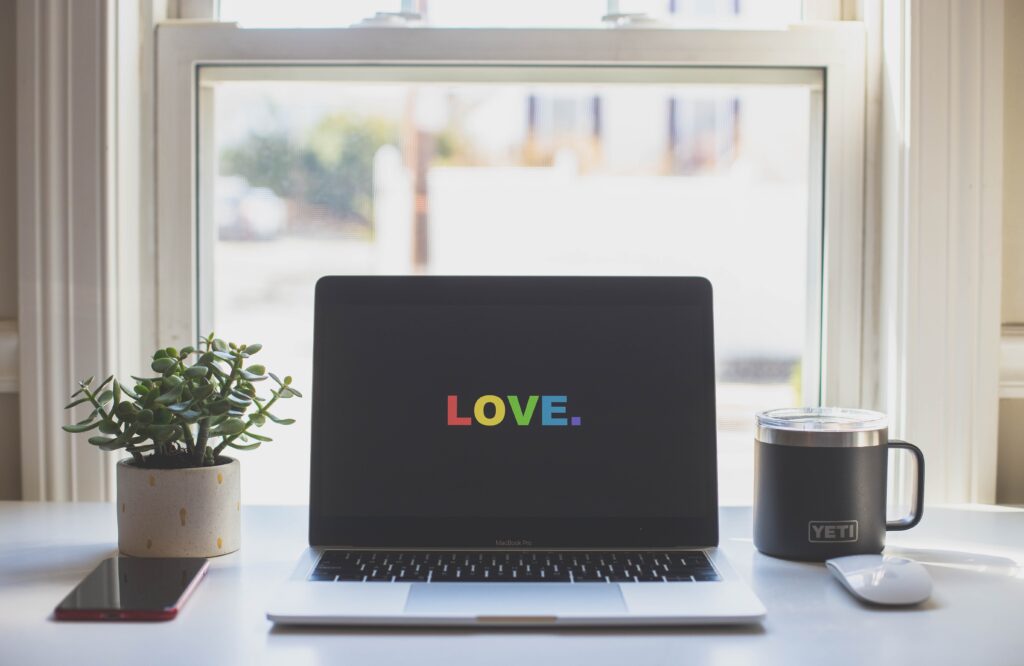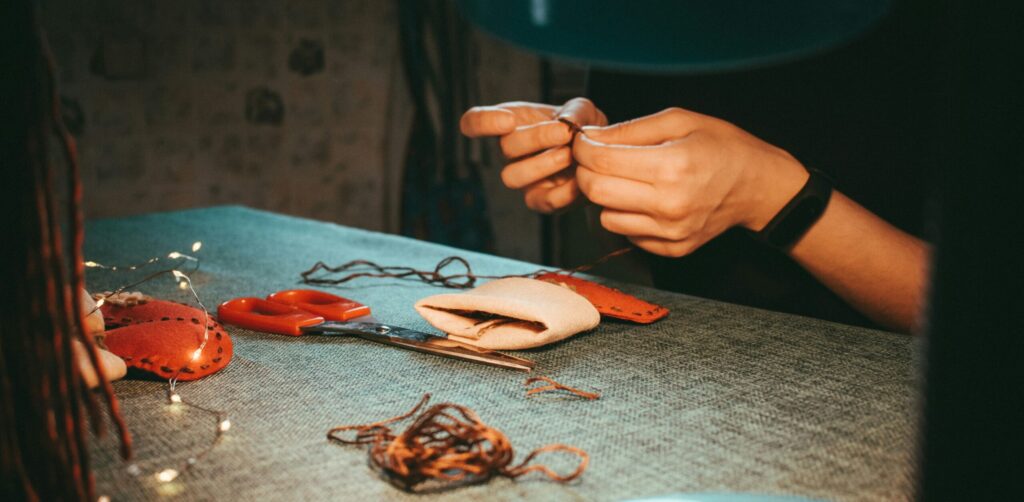If someone would have told me that once I hit my early 30’s I would be balancing a household, 3 children, a relationship, a job, and a social life, all while being the primary caregiver for a teenager with stage 4 cancer, I would have told them there is no way that’s possible. I mean, I was having a tough enough time keeping the first five things going way before my son got his cancer diagnosis.
When I heard those three words for the first time, the whole world stopped moving. “There’s a mass.” My dad raised me to approach problems as practically as possible, so I asked for a plan right away.
A mass? What does that mean?
Where is it? How big is it? Can we take it out?
When do we start? What happens next? How long do we have to do this?
What’s the prognosis?
Tough questions, with even tougher answers.
In those early days, I did my best to stay away from internet search engines and stick to the information and websites that the doctors directed me to. The facts were scary enough without adding the terrors of all the worst case scenarios that the internet can give you. I learned all I could about Neuroblastoma and the drugs we were planning on giving to Sebastian to try and fight it. I learned about blood counts and what an ANC is. I learned about transfusions and Bastian learned his blood type (“I’m A+ so I’m better than you!”) We all learned to keep little garbage cans stashed everywhere for when the bathroom was too far away. Hand sanitizer became a way of life.
Sebastian’s prognosis is poor. Due to his lack of response to treatment so far, he has a less than 5% chance of surviving this disease. It’s hard, being the parent of a young man facing the reality of a terminal illness. This is a time when he should be worrying about impressing the girls/guys, not being concerned about how because of chemo, his hair is so different than everyone else’s. Flushing his central line is part of his daily routine, and he’s been handling his own flushes since he was 11. “It’s not fair” comes up on an almost daily basis, but we do our best to not think too far ahead. Sebastian still goes to school most days, he has sleepovers with his friends, and we have Harry Potter marathons and stay up until 2am. He still has chores, cleans his room, and gets in trouble for not doing the dishes at least once a week.
I am grateful for the powers of social media, as that is the outlet we use for getting information to our friends and families. Trying to do things by phone those early days was just too emotional of a task. I ended up sobbing by the end of each phone call. We have a Facebook page that we update regularly. No secrets, no surprises. It releases the huge burden of always having to answer the question, “So, how’s Sebastian doing?” Most people already know what’s going on, so when we see them, we don’t have to go through explaining recent tests findings, or what side effects he’s experiencing. We can just talk about what fun thing we did last weekend, or what movie we’re gonna watch tonight.
For now, life continues on. And that’s all I can ask for. We will deal with tomorrow when it gets here.







